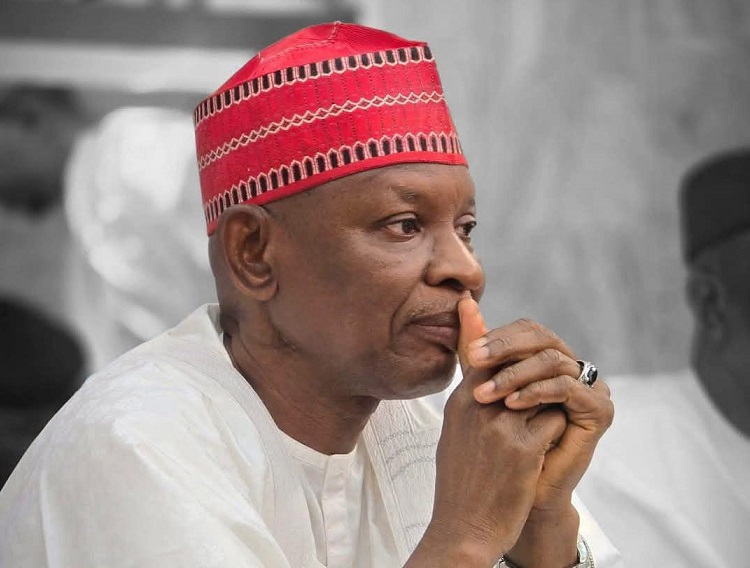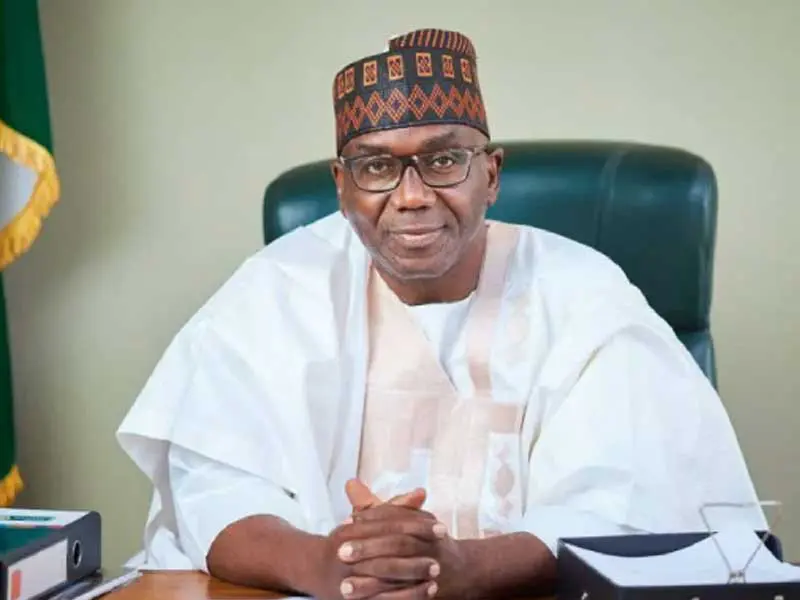Angola marked 48 years of independence from Portugal on November 11, 2023, but for its predominantly young population, the celebrations raise questions about the true meaning of freedom. Despite being rich in natural resources such as oil, gas, and diamonds, the country ranks 148th out of 193 on the United Nations Human Development Index. This disparity between the promised prosperity and the current reality is evident in the lack of infrastructure, poor housing, and a generation of frustrated youth.
President João Lourenço, who took office in 2017, has been working to transition the country away from its authoritarian past and reduce its dependence on oil, which currently funds over 80% of the state budget. Angola’s exit from OPEC in 2023 aims to regain control over its oil production, and investments in gas and agricultural diversification are underway. The construction of the Lobito Oil Refinery, led by the state oil company Sonangol, is expected to be completed by 2027, positioning Angola as a major exporter of refined products.
However, the country’s young people, who make up almost 70% of the population, face significant challenges, including unemployment, poverty, and limited access to stable employment. Economist Francisco Paulo notes that the labor market is dominated by the informal economy, with over 80% of jobs falling outside the formal sector. This has led to a lack of economic freedom and widening inequalities.
The relationship between citizens and the state remains marked by mistrust, with activist Laura Macedo describing a climate of silent tension. The authorities’ limitations on freedom of expression and the dominance of an authoritarian culture are seen as major obstacles to true democracy. Philosopher and activist Domingos da Cruz believes that the transition to democracy will depend exclusively on the Angolan people.
Inequalities in the country are also evident in the education system, with nearly 4 million children excluded from school. Activist Sizaltina Cutaia highlights the persistent hierarchy and the relegation of women to the margins, particularly in poor families. Despite growing participation in public life, women remain marginalized and face verbal abuse and media invisibility.
Fifty years after independence, Angola’s promise of equality and prosperity remains unfulfilled. The country has made significant progress since the end of the civil war in 2001, but the gap between the promised land and reality persists. As the nation moves forward, it is essential to address the underlying issues of inequality, unemployment, and limited access to education and economic opportunities to ensure a brighter future for its young population.



